*Note from A Chronic Voice: I’m excited to have Callie on the blog today, as she shares some thoughts about self-identity, both from the perspective of a patient and also as a psychologist. She talks about the emotions many of us experience when first diagnosed with an illness, such as confusion, anger and grief. Often we enter into a crisis of identity, and what makes us who we are. She also shares an interesting perspective on why she doesn’t believe that she’s ill anymore, in the sense of how she identifies as a human being, at least!
Table of Contents
Let’s Go Back in Time…
Harness with me, if you would, that day in high school when you walked down the hallway, overheard the whispers, and felt the eyes. Maybe you had been sent to the office, failed a project, dumped a boyfriend or girlfriend; whatever the reason, you felt much more self-aware, and you were terrified that the entire school was watching you and wondering.
Next, try to remember all your attempts to figure out who you were, whether you knew you were doing this or not. The trips to the mall to try on different styles; the various types of music you cycled through to find your niche; and the groups of students you decided to become friends with. All of these things helped to define who you were.
The Push & Pull of Identity Vs Role Confusion
Erik Erikson, a rather well known psychologist, suggested that there are various stages which we progress through as individuals, called The Stages of Psychosocial Development. In adolescence, he proposed we encounter the push and pull of identity vs. role confusion. This just means that we try on various roles, questioning our identity, becoming confused at times, but by the end of the stage, most have resolved their conflicting ideas of who they are. There is more to this idea, but I think I’ll just leave it at this for the purpose of this post. However, if you’re intrigued, send me an email at [email protected] and we can discuss.
How Chronic Illness Jumbles Our Identity Up Again
I have an unofficial hypothesis which goes something like this: I believe those of us with chronic illness are thrown back into “identity vs. role confusion” when we are diagnosed with our illness. We are unable to physically do the things we used to do with ease and joy. We are told not to eat the things we loved before. We may not even have the mental capacity to read the things we read before. All of these things, these little building blocks of what we have convinced ourselves is “me” have been knocked over and we have to rebuild.
I remember thinking, “Well, if I can never have chocolate again, drink coffee again, have any of the foods I love, then I’m not me.” It sounds ridiculous, but I was having a major identity crisis over chocolate.
It was much more complex than just the simple things though. It bled into every facet of who I was. Before, I was healthy. Now I was sick. Before, I was strong. Now I was weak. Before, I was happy. Now I was depressed. Before, I was a good mom. Now I was just barely keeping up with my kids’ every day needs. Before, I was a fun-loving wife. Now I was an emotionally vacant, sorry excuse for a companion. I felt like a frail shell of who I was before and I wasn’t sure how to regenerate the flesh.
Life Interrupted & Grappling with Identity Changes
Michael Bury, a sociology researcher, writes that on the onset of a chronic disease, the individual goes through a “biographical disruption”. In the autobiography we were planning to write, our disease interrupted the chapter we were planning on the joys of parenting, or traveling, or running that marathon. The blueprint was burned. Our plans were completely robbed by something so unfair and so outside of ourselves and yet it changed everything within.
Bury says that there are two types of “meaning” in chronic illness. The first has to do with how much the disease will impact us; how much will we be able to do what we did before and how much will we have to change? The second meaning is that of significance. So, maybe we have to stop doing something we did before, but how much does this matter to us? How much does this matter set to the backdrop of how others see us?
Grappling with my changing identity was absolutely the most difficult part of this whole process. Well, that and the pain, but it’s funny how the two are reflective of one another.
It’s Not Fair, but it’s Okay
I want to address those of you who are newly diagnosed, or are finally getting to a place where you are honest with the reality of your illness facilitating some change. First of all, it’s ok to be angry about it. You didn’t ask for this. Your unhealthy friends who have eaten crap their whole lives are completely illness free and it’s not fair. This whole situation: not fair. It’s ok to admit it, and to breathe it, and to spend some time in the frustration. I still come back to it from time to time.
However, it’s just as important to remember that there is a part of you which your disease holds no bearing. It’s the inner stuff. You know, the whole soul building stuff which we don’t take the time for in our busy, healthy lives. We can get lazy when it comes to anything other than the mundane if there isn’t pain indicating a problem.
I’m still not happy I have Interstitial Cystitis. It sucks that I have to think about it, and avoid certain foods, and experience pain and discomfort from time to time. I am thankful, however, for all that it has forced me to learn about who I truly am, beyond the coffee and the chocolate.
Unearthing Something Deeper Within Ourselves
My illness has taught me to reach beyond the physical body and tap into a spiritual awareness I had neglected before. I now know that I am part of something larger than “chocolate lover” or “coffee lover” or “pasta maker”.
I no longer consider myself sick. I know this can cause some controversy, and listen, I’m not in denial that my body has a chronic illness, but I don’t. I believe we can house ourselves in our broken bodies, or we can find a home in something that hovers. Something loving, moving, and pushing us toward one another and wholeness.
If you’re spinning because your illness just threw you on the floor like a top, I encourage you to place the pause button on who you are contingent on what you do or what you eat. Figure out who you are at a frequency you hadn’t tuned into before.
How? That just depends on you. For me, it meant writing, reading about god (the holy mystery), reading about healing, spending time with those I loved, listening to music, and a huge one was spending time in nature. I feel the buzz of that greater, unbreakable identity when I spend any amount of time outside. It maybe be different for you. And I know the thing which used to move you may be something you can’t do anymore. Grieve it. Truly, friend, grieve it. But then, try to find something else which stirs your soul and jump in full force.
Your Story Isn’t Over Yet
Chronic illness may be a biographical disruption, but it’s not the end of the biography. You, the inner you, is stronger than you could imagine. Chronic illness isn’t your story, it’s just a plot twist.
You are fierce under the timid body. You are mighty under the pain. You are courage and love and hope and endurance. You are greater than your illness. Don’t let your identity be defined by the ugly, but steal it back and build something beautiful.
*Note: This article is meant for educational purposes, and is not to be substituted for medical advice. Please consult your own doctor before changing or adding new treatment protocols.
Read More: The Stories We Tell Ourselves: Prisons or Paths to Freedom
If you liked this article, sign up for our mailing list here so you don’t miss out on our latest posts! You will also receive an e-book full of uplifting messages, quotes and illustrations, as a token of appreciation!
-
Sources:
- Feldman, R. S. (2010). Psychology and your life. Boston, MA: McGraw/Hill. 320-326
- Bury, M. (1991).The sociology of chronic illness: a review of research and prospects. Sociology of Health and Illness,13, (4).
-
For More Insight:
- Chronic Illness: Self-identity (brainlessblogger.net): http://bit.ly/2LJ6KD0
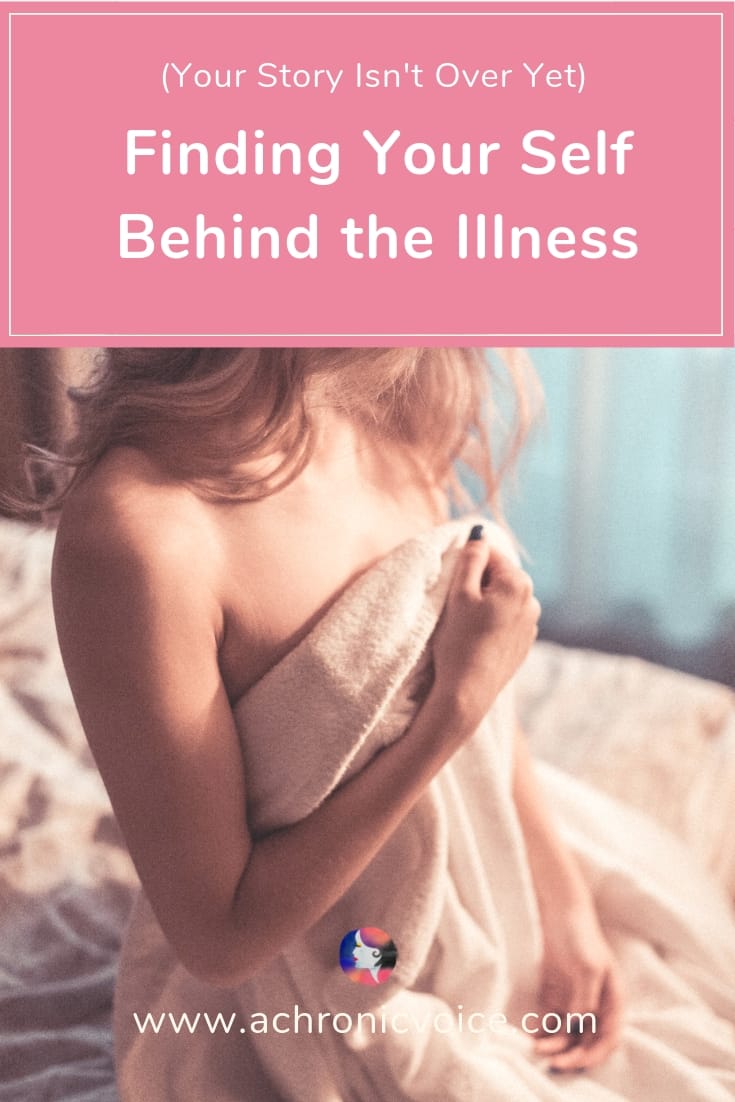
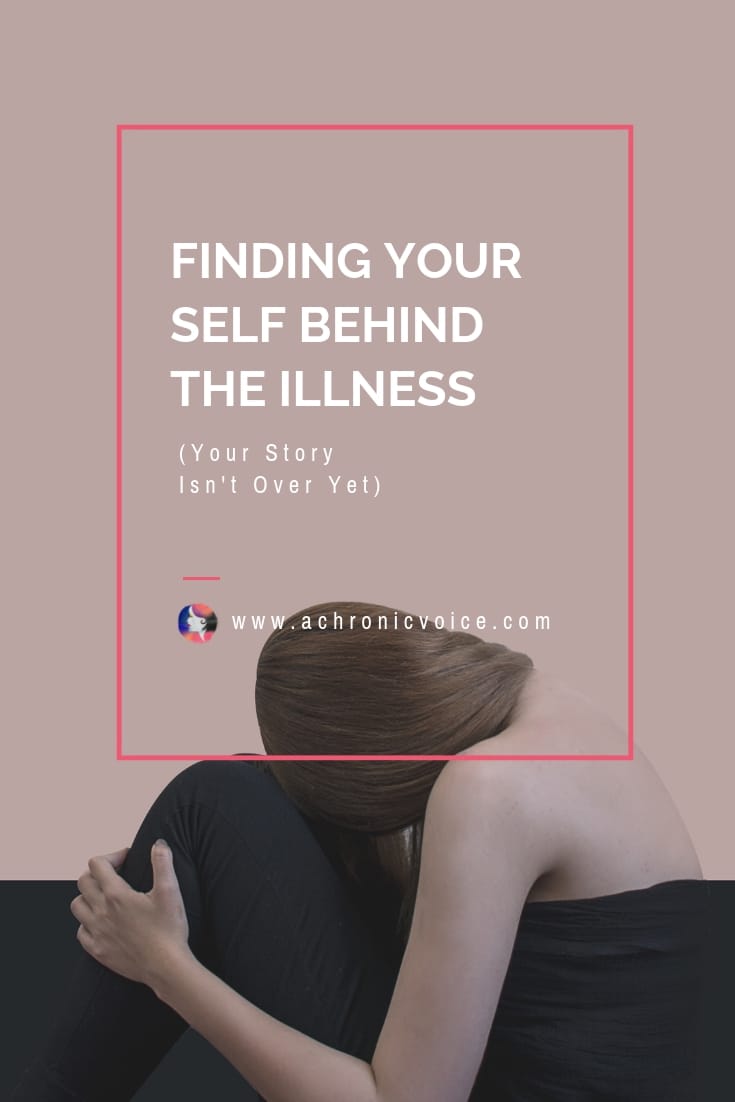
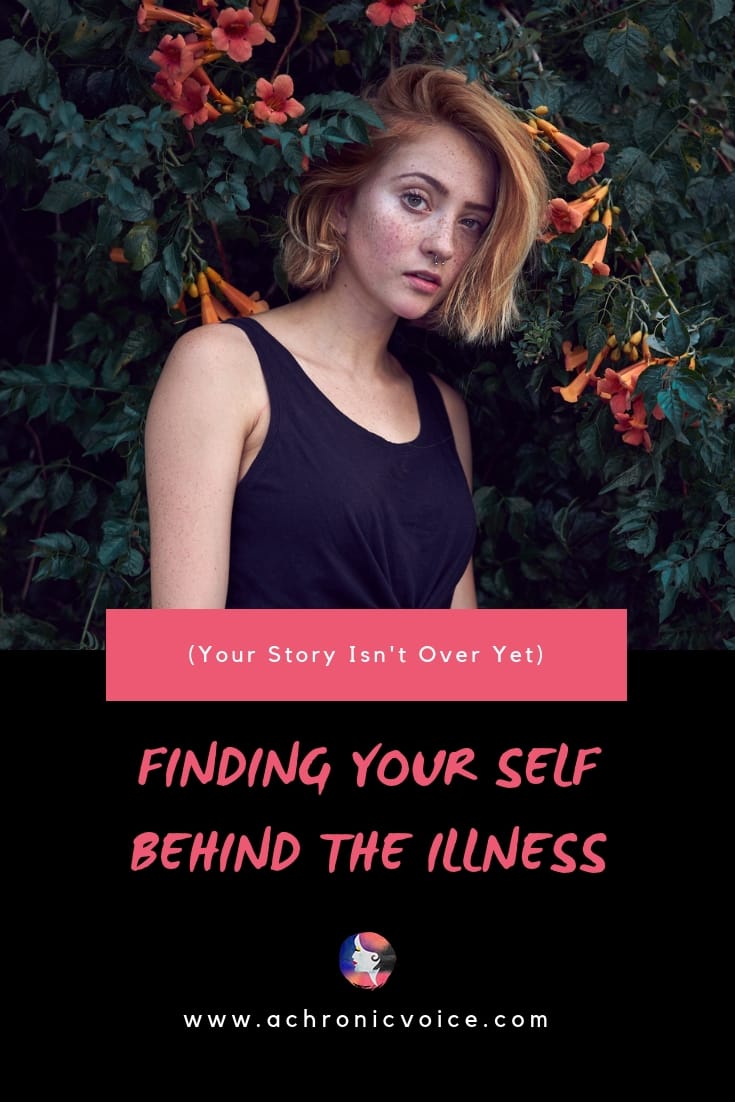
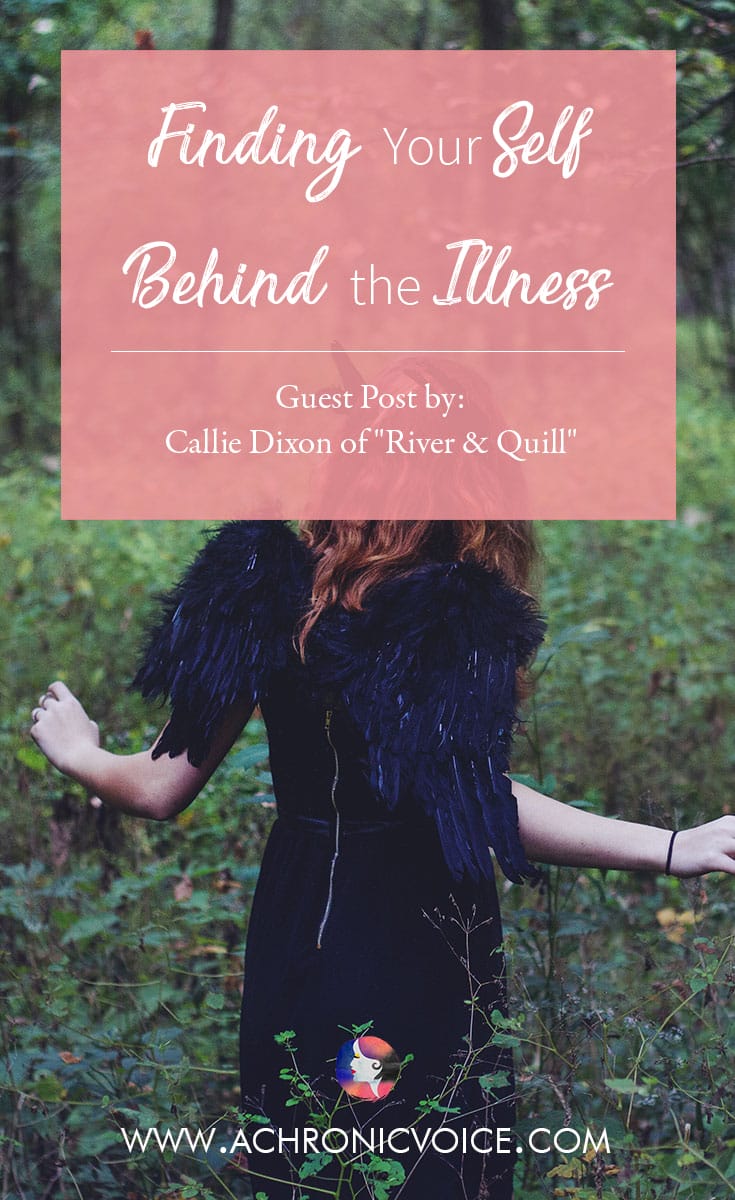
Contributor Bio
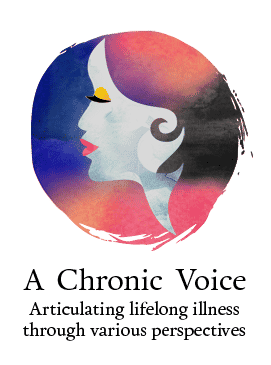
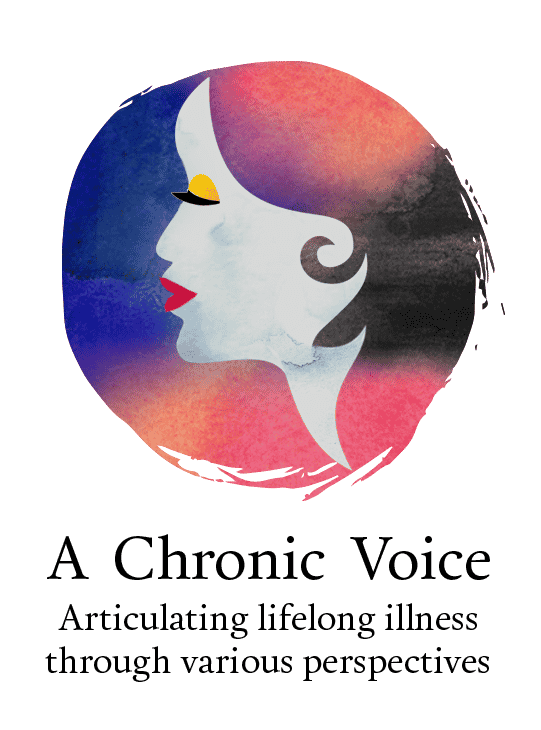
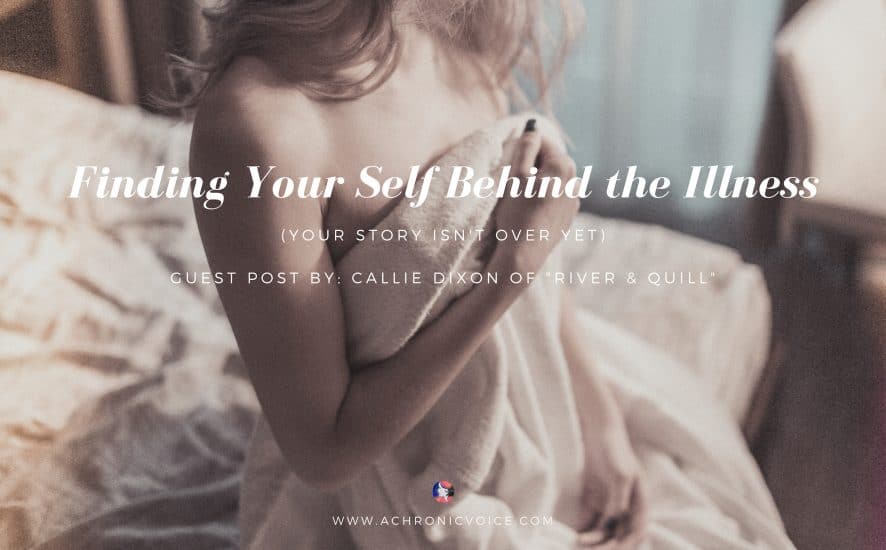
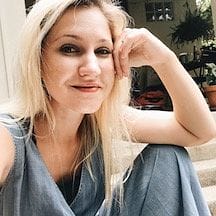
What an amazing, thought provoking post. I loved reading it! xx
Thanks for reading, Emma. Callie did a fantastic job writing this! 🙂
I really agree with this. I no longer consider myself sick either. I have been able to explore nature, spirituality and have gained a deeper insight to life. These things bring me so much joy and if I hadn’t fallen ill I don’t think I would have found that.
Hi Jennifer, that’s wonderful to hear 🙂 I am happy for you, that you have managed to find some meaning out of all this, and most importantly, to find peace within your heart and situation. Sending love!
Identity is such a huge issue in all of our lives, then add to the search for self and meaning an illness. That’s a whole other level of complexity to navigate! I applaud you for sharing your story and letting others know that they too can find themselves in the midst of some of the most trying of life’s circumstances.
Thank you for sharing your thoughts, Angel! It certainly is a huge issue, even without chronic illness. So when you lose parts of your own beliefs in yourself, it can be very crippling indeed.
Great post. I love the Plot Twist statement. That’s such a good description of my life, too 🙂
Agreed! I love the idea that it’s all the same story, and we can still write some of those chapters as we wish 🙂
I relate to this so much, it took me years to find me again after my diagnosis and I thought I was going to go through it again last year when I had another illness diagnosed but it hasn’t taken as long this time x
Painful lessons for sure, but I too realise that we still own a lot of power, at least in the sense of identity 🙂